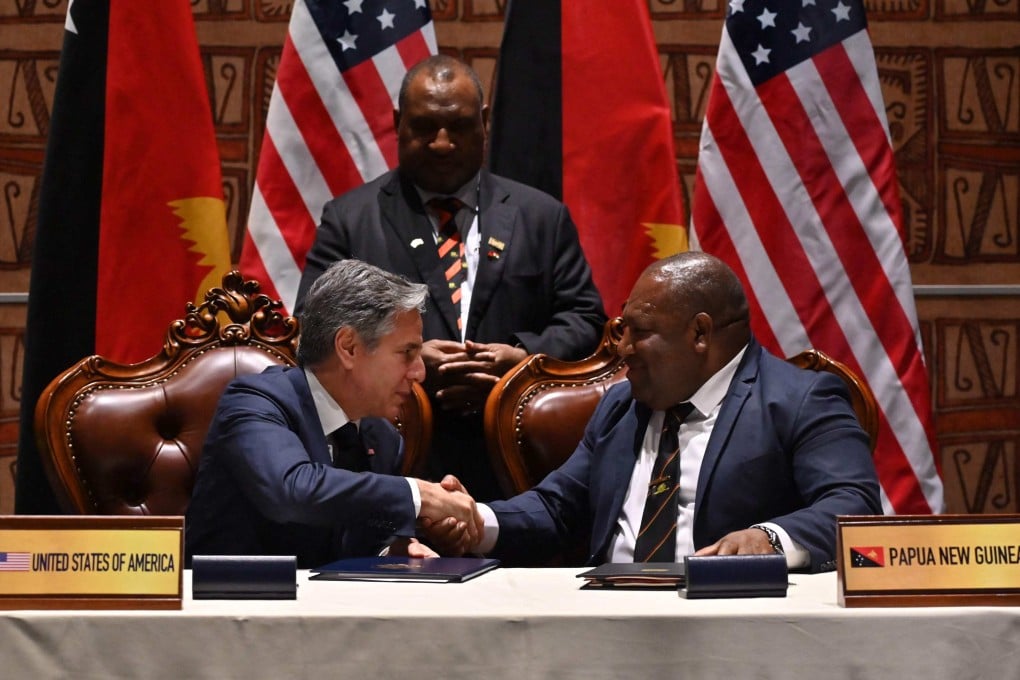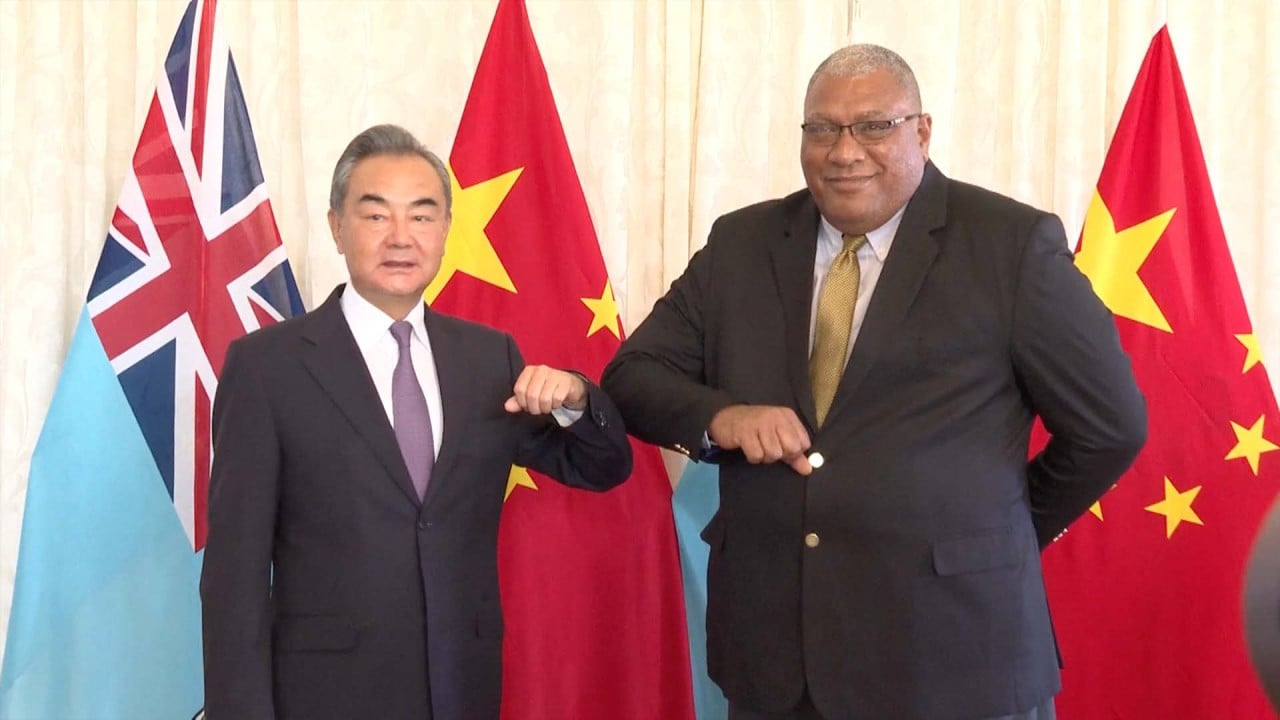Advertisement
Opinion | How the US is bolstering its Pacific islands engagement to counter China’s influence
- The US has lagged behind in its efforts to engage with Pacific island nations, but recent action by the Biden administration is attempting to reverse this trend
- Words will only be meaningful if they are followed by concrete action that genuinely involves engaging Pacific nations economically and diplomatically
Reading Time:3 minutes
Why you can trust SCMP
2

The ongoing tensions between the United States and China have sparked a competitive race for influence in the Global South, with the Pacific islands emerging as a strategically significant region. The US has lagged behind in its efforts to actively engage Pacific island nations in recent decades, but recent action by the Biden administration has attempted to reverse this trend.
Advertisement
The fact the US overlooked this geopolitically important region created a favourable opportunity for China, highlighted by Beijing signing a security pact with the Solomon Islands last year. In response, the US has increased its presence in the region, including opening an embassy in Vanuatu and hosting the first US-Pacific Island Summit last September.
This elevation in engagement was supposed to culminate in US President Joe Biden’s historic trip to Papua New Guinea. However, Biden decided to prioritise domestic issues and cut his Indo-Pacific trip short. This was a strategic blunder, bolstering China’s narrative of insufficient US dedication to the region.
Following Biden’s return home, he headed back to the Indo-Pacific region shortly afterwards to attend the Group of 7 summit in Japan. During the summit, G7 leaders expressed their desire to enhance engagement with the Global South. Even so, their words will only be meaningful if they follow through with concrete actions that genuinely involve engaging these countries economically and diplomatically.
The Biden administration is aware of this and has moved to re-engage with the Pacific states. Most noteworthy has been US engagement in the Compacts of Free Association (COFA), a series of treaties between the US, Micronesia, the Marshall Islands and Palau. These agreements also outline US financial commitments to the South Pacific Islands. Last March, US Ambassador Joseph Yun was appointed as special envoy to oversee compact negotiations.
Late last month, the State Department announced new COFA agreements. On May 22, Secretary of State Antony Blinken participated in the signing ceremony of the US-Palau 2023 Agreement. The following day, the State Department reported the signing of three new COFA agreements with Micronesia. These are intended to support economic development and help create climate change resilience.

Advertisement


